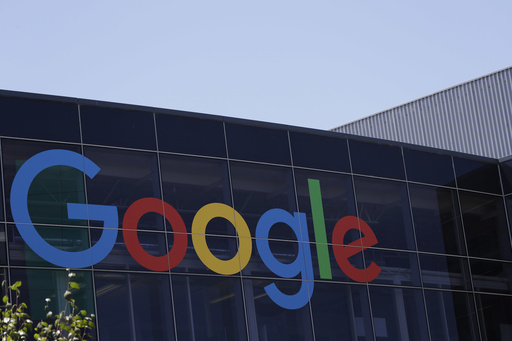
A federal judge has postponed an order that would require Google to increase competition in its Android app store, pending a decision from an appeals court on whether to block the changes related to a recent jury verdict that deemed Google’s practices monopolistic.
This decision was made during a court hearing in San Francisco, coming shortly after U.S. District Judge James Donato ruled that Google would need to implement significant alterations to its Play Store for Android devices, originally set for November 1.
The changes dictated by the ruling included a requirement for Google to provide access to its extensive library of over 2 million apps for any competitor wishing to enter the market and to promote these alternatives within its own store.
Google sought a stay on Donato’s ruling, allowing time for the Ninth Circuit Court of Appeals to review the trial proceedings that resulted in the December 2023 verdict, which classified the Play Store as a restrictive monopoly that hampers innovation and raises prices for consumers.
During the hearing, Judge Donato expressed skepticism regarding Google’s chances of overturning the verdict, stating that the ruling was backed by substantial evidence pertaining to Google’s anti-competitive behavior.
However, he decided that the Ninth Circuit should evaluate whether to delay the enforcement of his order while a panel examines Google’s appeal regarding the antitrust claims initiated by the video game company Epic Games.
Donato remarked that he would not be surprised if the Ninth Circuit opts for an even more extended delay, but he indicated that the decision rests with them.
In a statement, Google expressed satisfaction that the enforcement of the ruling had been paused as it seeks further delay. The company emphasized that the required changes could jeopardize the security and safety of its platform while claiming that its services have benefitted over 100 million U.S. Android users and more than 500,000 developers.
At this time, there has been no response from Epic Games regarding the judge’s decision.
It remains uncertain how long the Ninth Circuit will take to address Google’s appeal for a permanent delay of Judge Donato’s decision, as the appeals process could potentially extend beyond a year.
In 2021, the Ninth Circuit already postponed a part of a federal judge’s directive that would have compelled Apple to allow links to alternative payment systems within apps designed for the iPhone as part of a separate antitrust lawsuit initiated by Epic Games.
While Apple was not designated as a monopolist in the trial concerning its iPhone app store, it struggled to contest the requirement to permit alternative payment links in its apps. This postponement helped Apple maintain its exclusive payment system, which has generated commissions of 15% to 30% on in-app transactions. Earlier this year, Apple exhausted its options for appeal up to the U.S. Supreme Court.
Similarly, Google generates significant revenue from a comparable commission system within its Play Store for Android devices, which will continue as long as Donato’s ruling remains unenforced.
In its justification for delaying the judge’s order, Google argued that the timeline for implementing these substantial changes was insufficient, depicting the task as monumental and threatening the security of the Android ecosystem.
Furthermore, Google claimed that the changes would impose unreasonable costs. Judge Donato dismissed this concern during Friday’s hearing, suggesting that the potential costs for Google were minimal compared to the substantial profits it earns from the Play Store.
